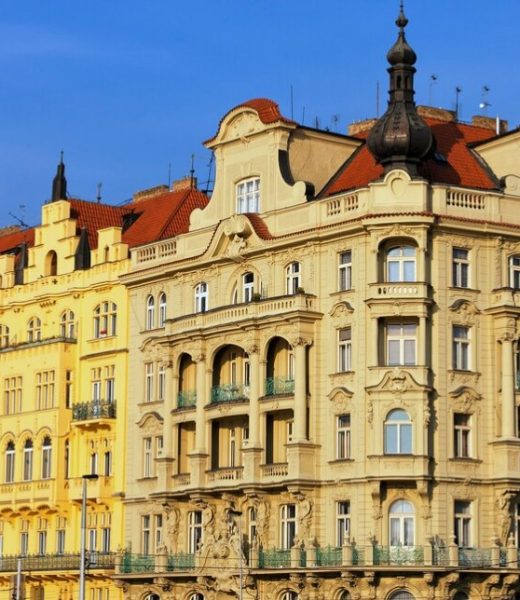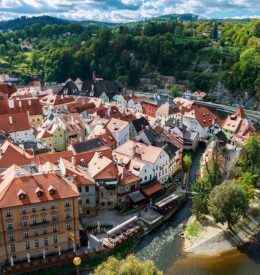

Lithuania Work Permit Visa Consultant Kuwait
Types of Work Permits for Lithuania
There are several types of work permits depending on employment conditions. The most common are:
Permit (General Employment Permit)
- For employees hired by a Lithuanian or foreign employer registered in Lithuania.
- Most commonly used for general employment purposes.
Permit (Highly Skilled Workers / EU Blue Card)
- For highly qualified professionals like IT specialists, engineers, and healthcare professionals.
Permit (Seasonal Work Permit)
- For seasonal jobs in agriculture, tourism, or hospitality sectors, typically for up to 6 months.
Single Permit (Work and Residence Permit Combined)
- Allows both living and working rights in Lithuania under one application, mainly for long-term employment.
Permit (Intra-Company Transfer Permit)
- For employees of multinational companies being transferred to a Lithuanian branch.
Work Permit Visa Process to Start from Kuwait
Step 1: Employer's Application for Work Authorization
- The Lithuanian employer must prove no local candidates are available and apply for a work permit on behalf of the employee.
- Required documents include company registration proof, job description, and evidence of recruitment efforts.

Step 2: Applying for a National Visa (Type D Visa)
- Valid passport
- Work contract and permit
- Proof of financial means
- Health insurance
- Visa application form and photos
Step 3: Work Permit Decision
- The Lithuanian Labor Exchange or Migration Department reviews the application.
- Processing time usually ranges from 1 to 3 months based on the type of work and region.

Step 4: Arrival in Lithuania
Upon visa approval, travel to Lithuania. Upon arrival, register your place of residence within 7 days at the Migration Department.
Step 5: Residence Card Application (If Staying Beyond 90 Days)
For longer stays, apply for a temporary residence permit (valid for 1-2 years, renewable).

Key Requirements for Work Permits
1.Job Offer or Employment Contract: The foreign worker must have a valid job offer from a Lithuania employer, and the employer must meet all requirements for offering a job to a non-EU national.
2.Salary Standards: The salary offered must meet the minimum wage requirements in the Lithuania. For highly skilled positions (e.g., under the EU Blue Card scheme), a higher salary threshold is required.
3.Health Insurance: The applicant must have valid health insurance for the duration of their stay in the Lithuania.
4.Qualifications: Depending on the type of work permit, the applicant may need to provide proof of educational qualifications and professional experience. Highly skilled workers (for an EU Blue Card) are expected to have at least a higher education degree.
5.Labor Market Test: The employer must demonstrate that no suitable candidates from the local labor market were found for the position.
2.Salary Standards: The salary offered must meet the minimum wage requirements in the Lithuania. For highly skilled positions (e.g., under the EU Blue Card scheme), a higher salary threshold is required.
3.Health Insurance: The applicant must have valid health insurance for the duration of their stay in the Lithuania.
4.Qualifications: Depending on the type of work permit, the applicant may need to provide proof of educational qualifications and professional experience. Highly skilled workers (for an EU Blue Card) are expected to have at least a higher education degree.
5.Labor Market Test: The employer must demonstrate that no suitable candidates from the local labor market were found for the position.
Duration of Work Permits and Extensions
- Employee Card: Initially issued for 1–2 years, renewable for up to 5 years. After 5 years of continuous legal stay, the foreign national may apply for permanent residency.
- EU Blue Card: Valid for up to 2–4 years, with the possibility of extension. After 18 months, the holder can move to another EU member state under the Blue Card program.
- Seasonal Work Permits: Valid for up to 6 months per year, typically renewed annually.
- EU Blue Card: Valid for up to 2–4 years, with the possibility of extension. After 18 months, the holder can move to another EU member state under the Blue Card program.
- Seasonal Work Permits: Valid for up to 6 months per year, typically renewed annually.
Special Considerations
- EU Blue Card: This program targets highly skilled professionals, particularly in fields such as IT, engineering, and healthcare. To be eligible, applicants need to meet specific salary and qualification requirements. The EU Blue Card offers additional rights, such as easier mobility within the EU.
- Intra-Corporate Transfer (ICT) Permit: This is for employees transferred by multinational companies. The ICT permit is a fast-track option for managerial and technical roles.
- Seasonal Employment: Citizens of certain countries (such as Ukraine, Moldova, and Belarus) can apply for seasonal work permits with fewer formalities, particularly in agriculture or tourism.

Important Citations and Legal Sources
Czech Ministry of the Interior
The official website of the Czech Ministry of the Interior provides detailed guidelines on work and residence permits, including employee cards and the EU Blue Card.
- [Czech Ministry of the Interior](https://www.mvcr.cz/mvcren/)
- [Czech Ministry of the Interior](https://www.mvcr.cz/mvcren/)
Czech Ministry of Labor and Social Affairs (MPSV)
Provides information about labor market testing, the work permit process, and employment-related matters.
- [Czech Ministry of Labor and Social Affairs](https://www.mpsv.cz/en)
- [Czech Ministry of Labor and Social Affairs](https://www.mpsv.cz/en)
EU Blue Card Directive
Provides the legal framework for highly skilled non-EU workers.
- [EU Blue Card](https://ec.europa.eu/immigration/blue-card_en)
- [EU Blue Card](https://ec.europa.eu/immigration/blue-card_en)
Conclusion
The process of obtaining a work permit for the Czech Republic as a non-EU national involves multiple steps, including employer approval, visa application, and residence registration. With options like the Employee Card, EU Blue Card, and seasonal work permits, there are different pathways for employment based on the nature of the work and the qualifications of the worker. Understanding the application process and meeting the required criteria is essential for a successful work permit application.
For up-to-date and detailed information, always consult the Czech Ministry of the Interior, the Ministry of Labor and Social Affairs, or the Czech Embassy.
